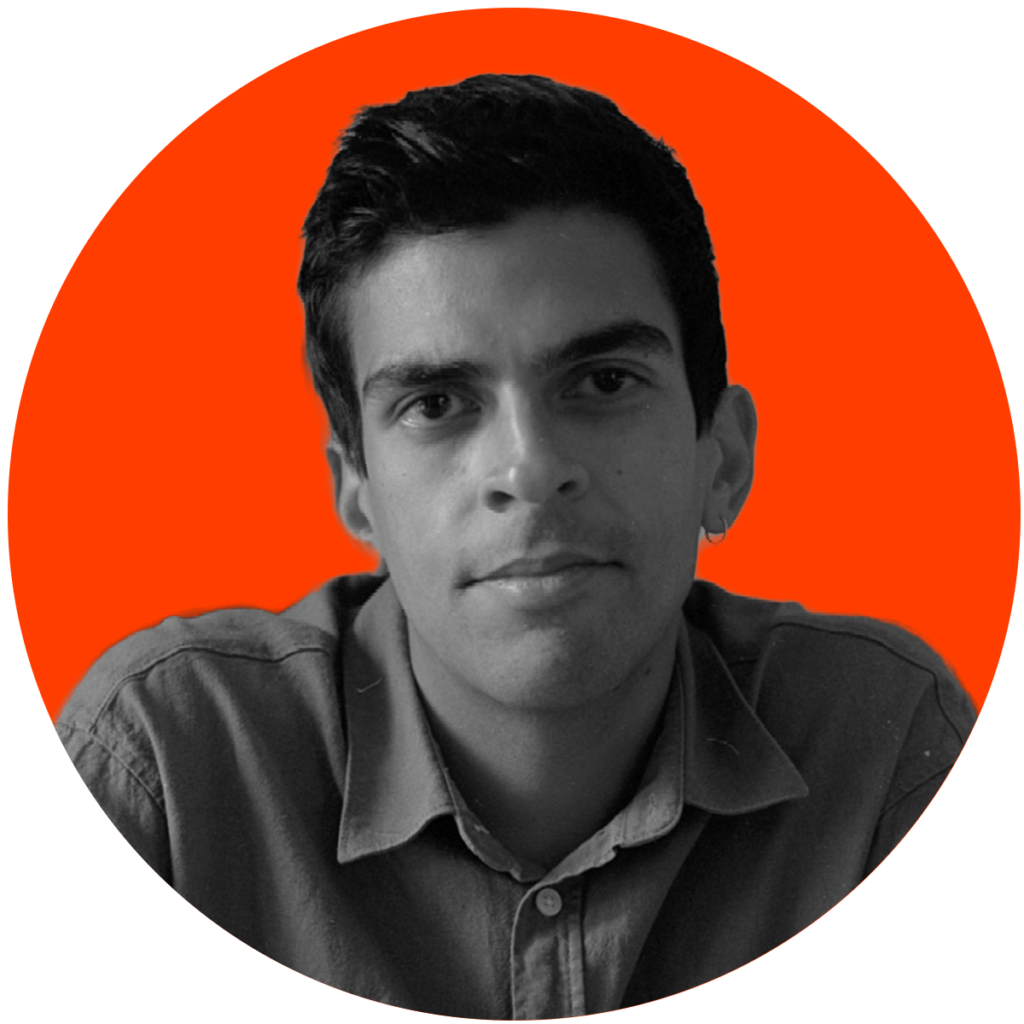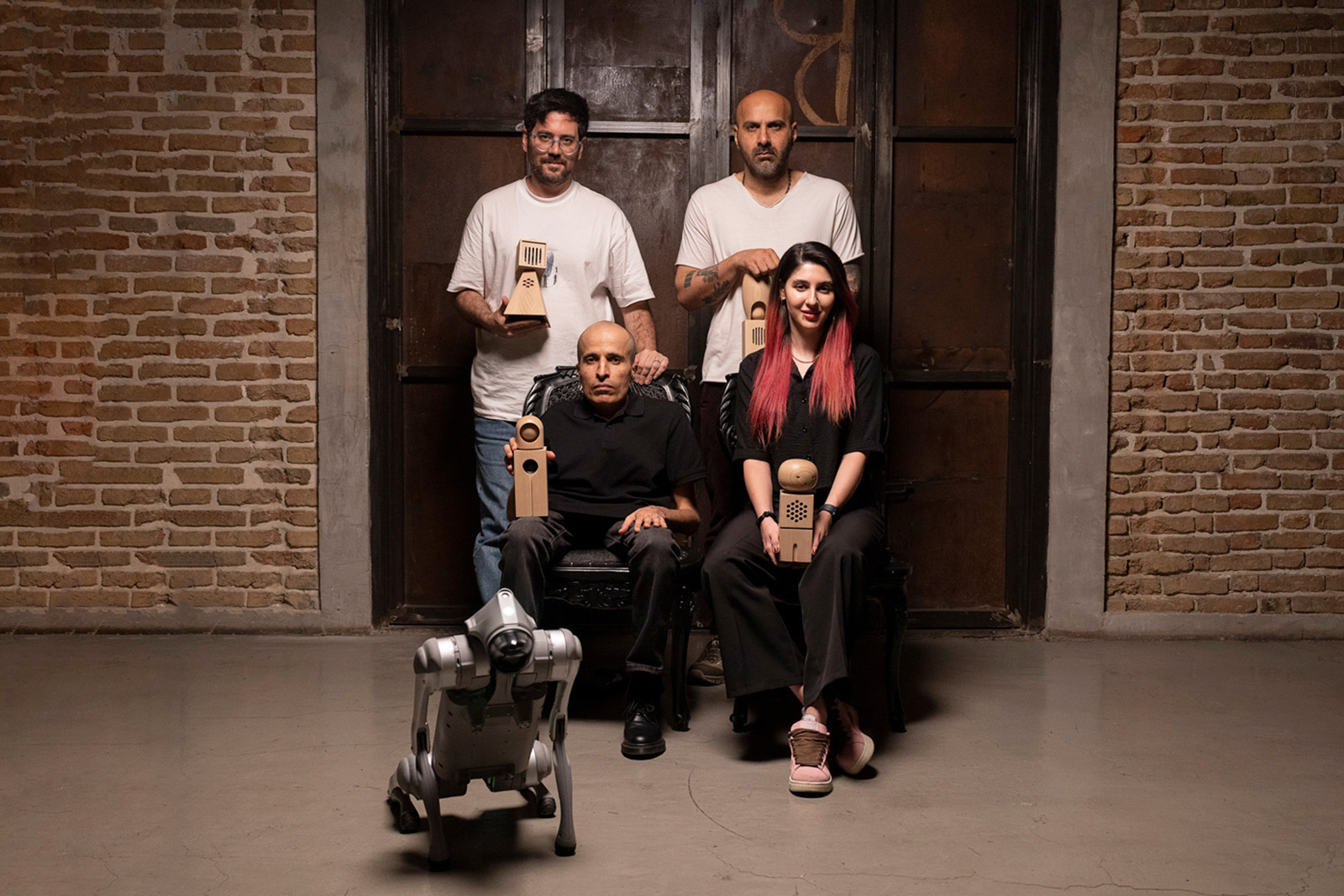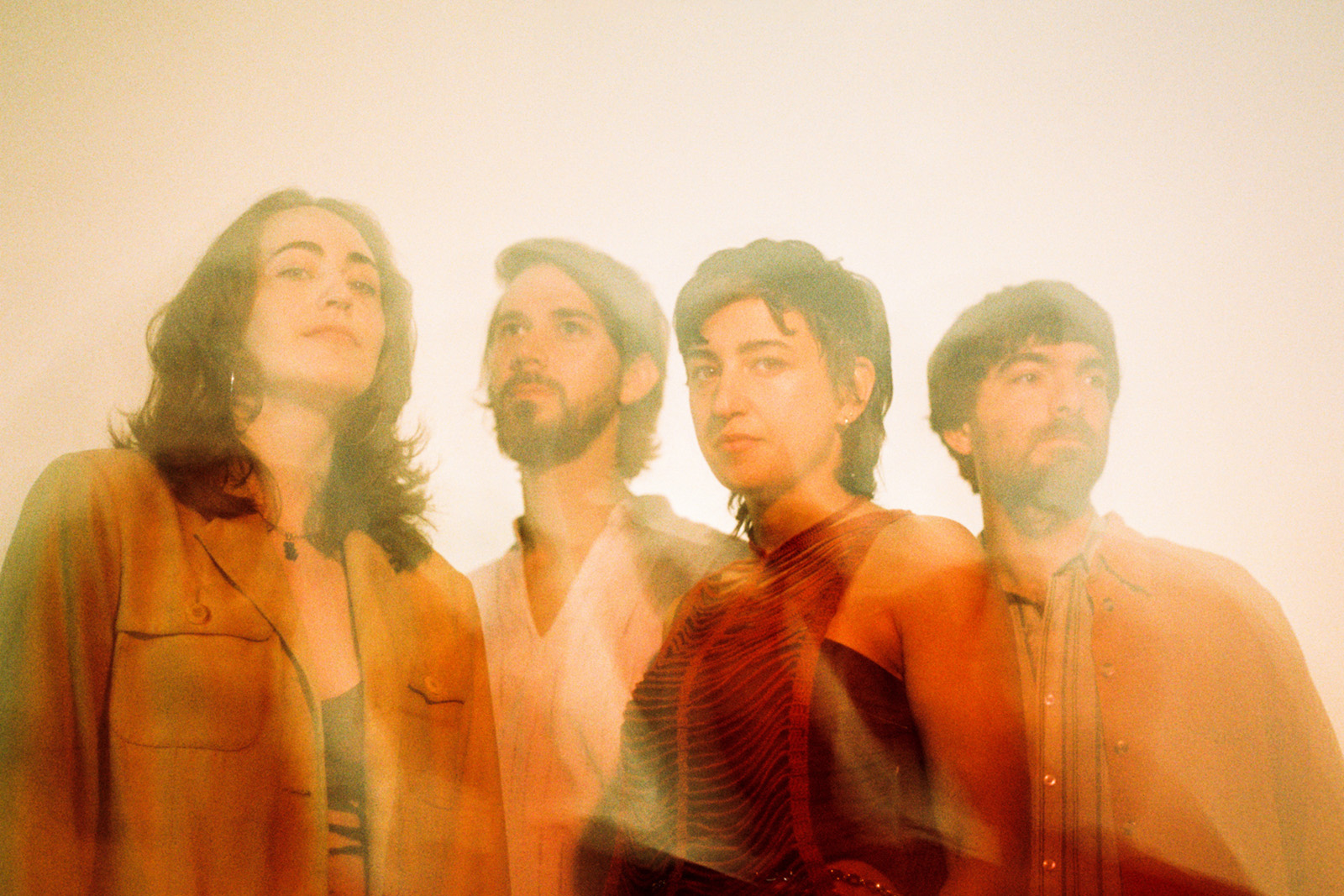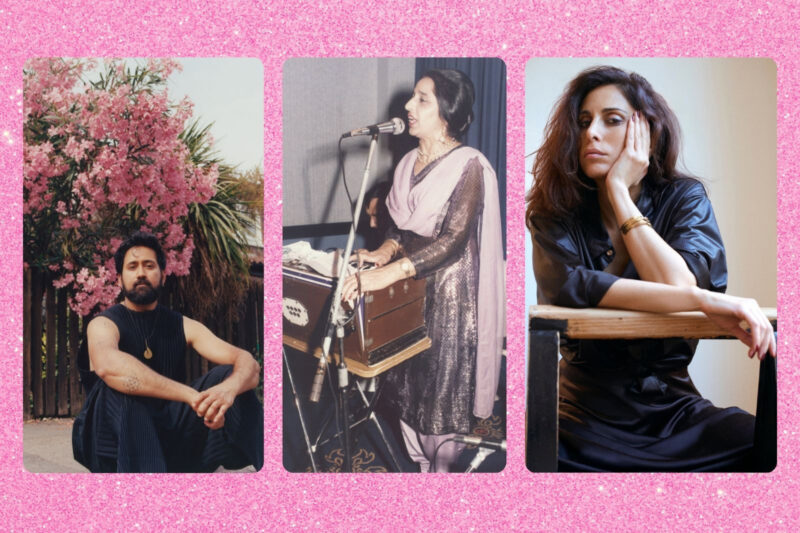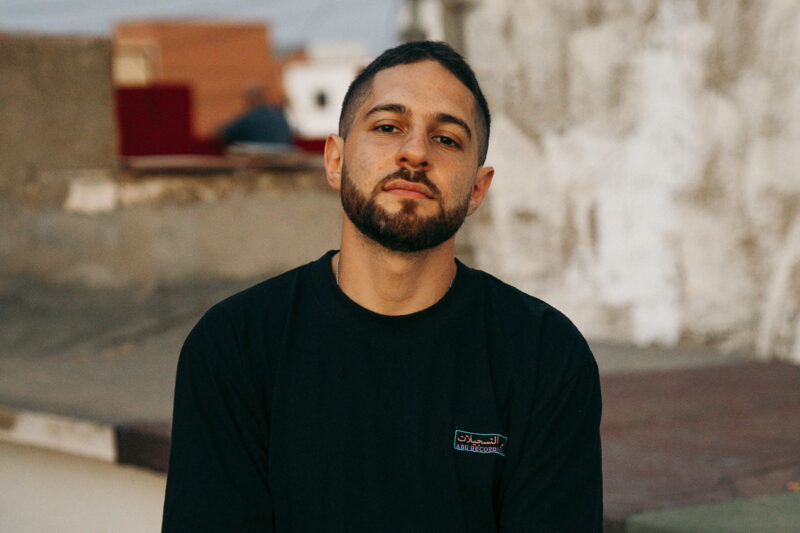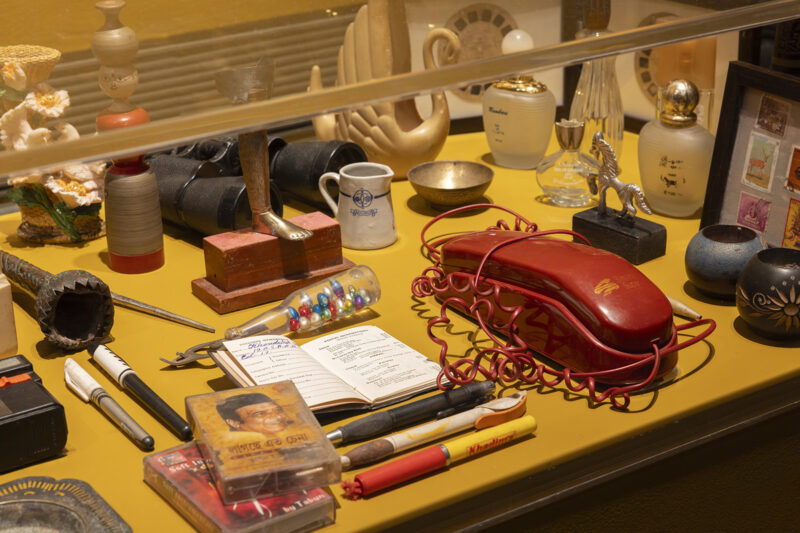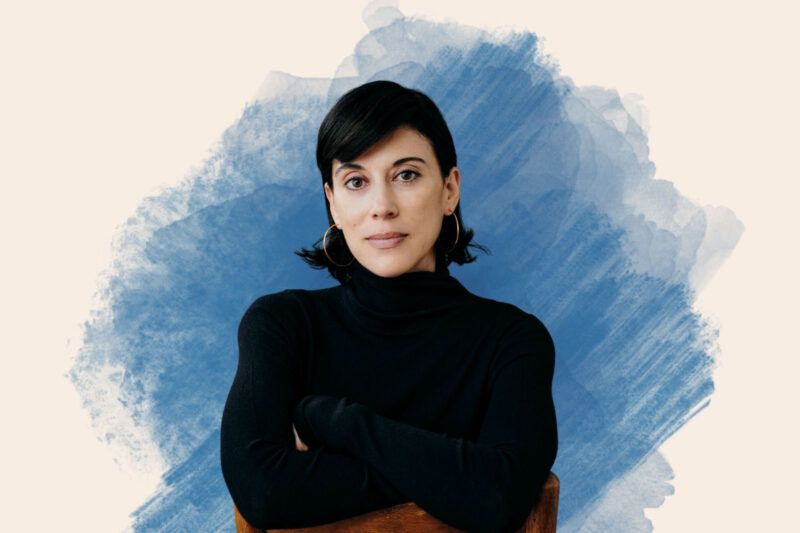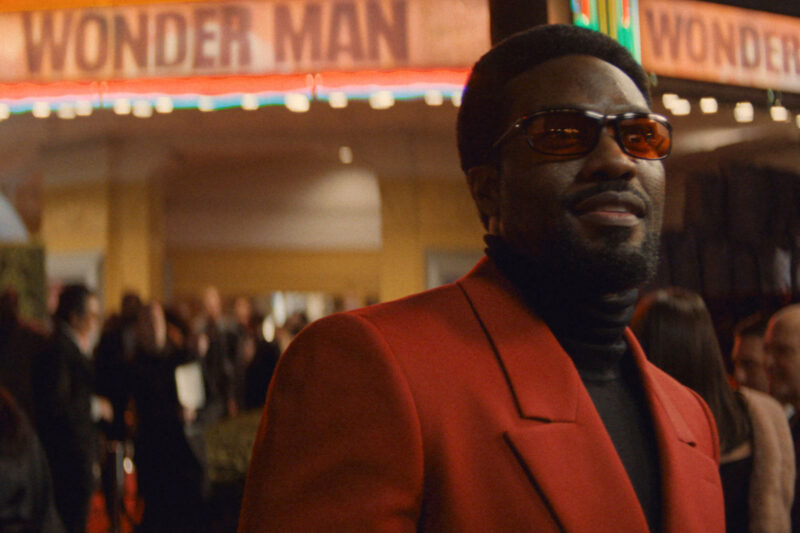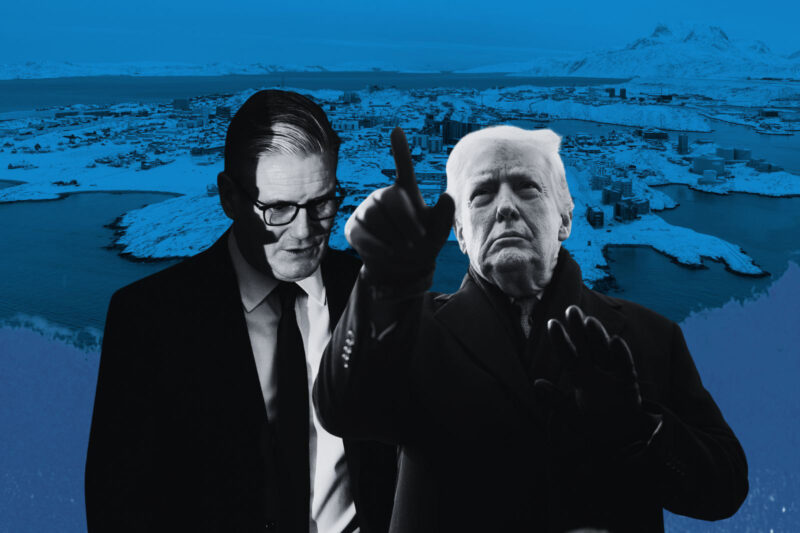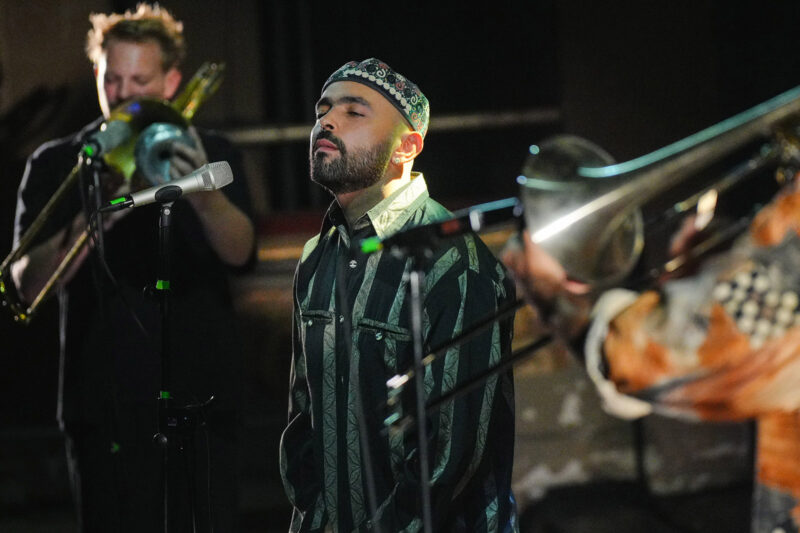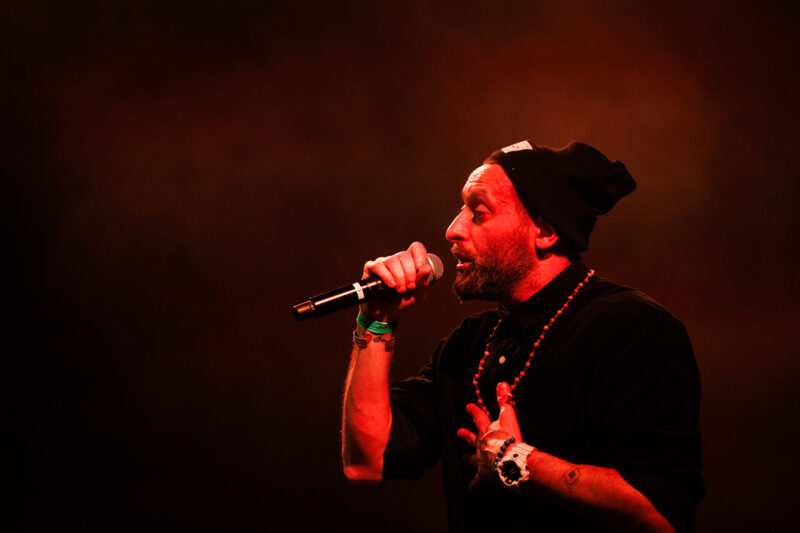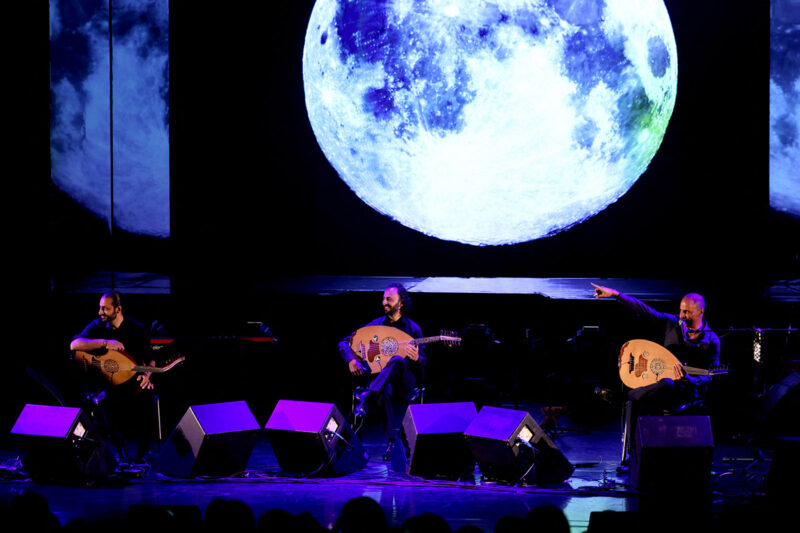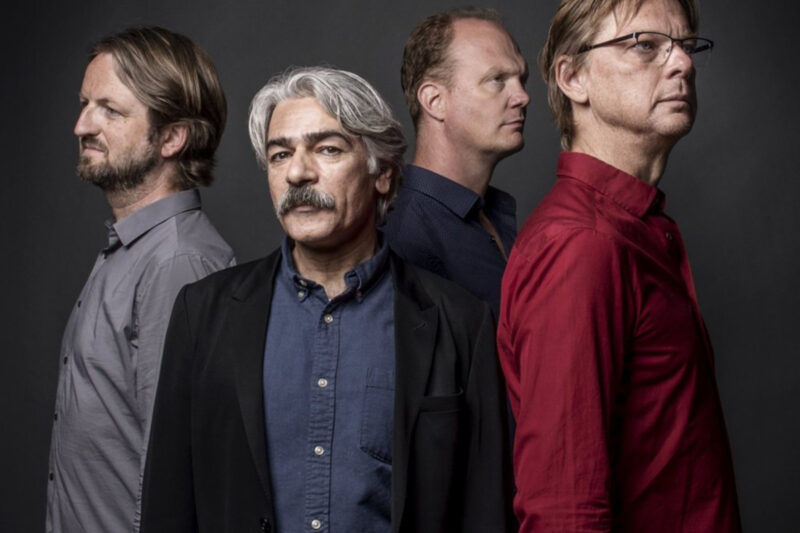Nabeel’s hazy shoegaze sound speaks a language of longing
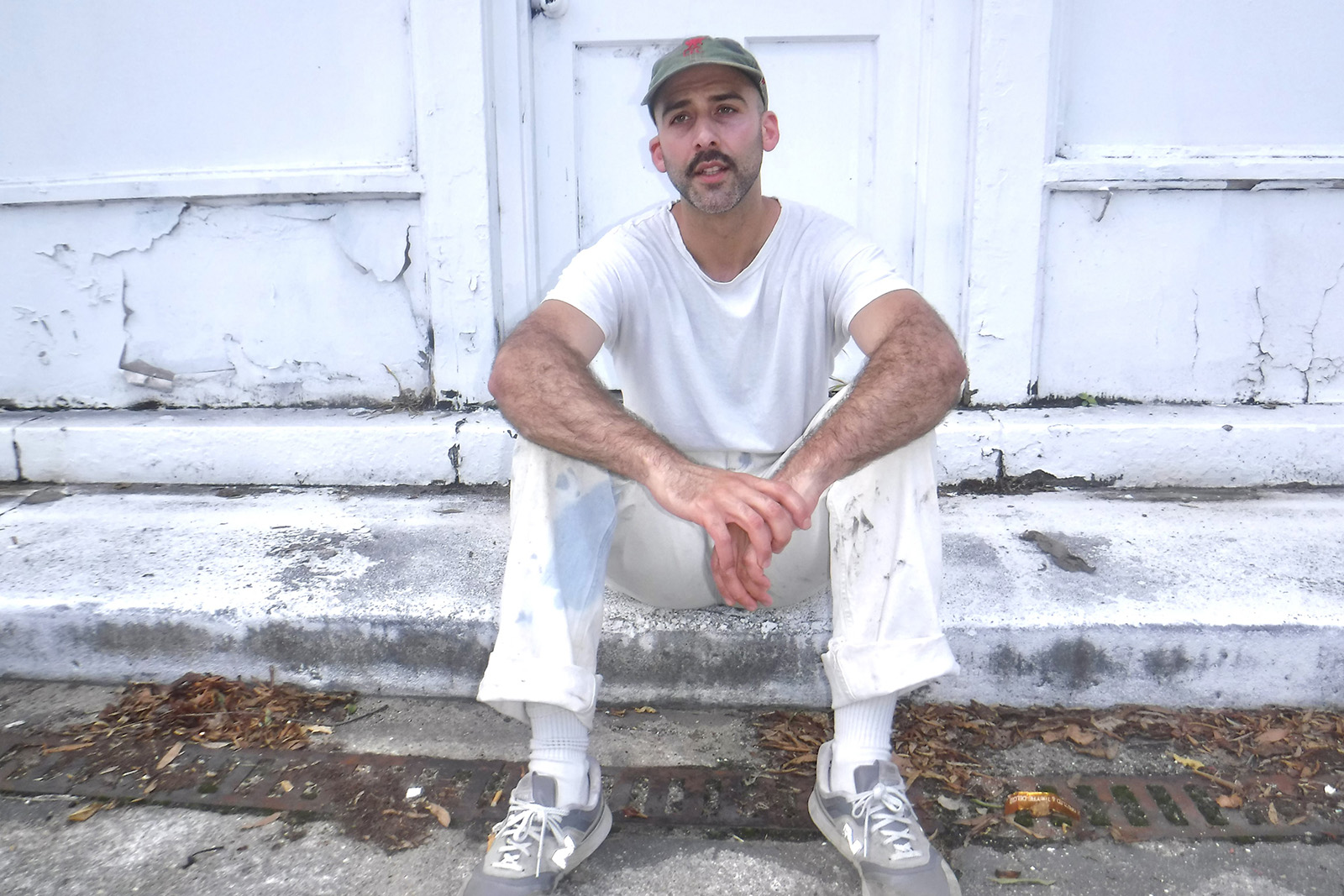
Yasir Razak’s indie rock project blends the distorted tones of My Bloody Valentine and Sonic Youth with Arabic vocals
Words are more than just a means of communication for Yasir Razak, they are a way to experience the world. As the frontman of the Arabic indie band Nabeel and a teacher of English as a second language, this thread runs through most every aspect of his life.
“There’s a unique quality to all languages and they each colour the feelings we express,” says Razak, 35. “My parents moved from Iraq to the US when I was a kid and so I grew up speaking Iraqi Arabic at home. When I speak it now, it connects me to my community. I had always wanted to hear Arabic singing over the 90s guitar sounds that I loved, but I couldn’t find anyone else doing it, so I decided eventually to make it for myself.”
Having learned guitar at 13, Razak became involved with the local DIY scene in Richmond, Virginia while studying at college and independently released his debut EP, Shams, in 2023. Recorded on weekends and after school, the record’s six tracks channelled influences from the distortion of Sonic Youth and My Bloody Valentine to Nirvana’s gritty use of melody, with Arabic-language vocals front and centre.
Naming the band after Razak’s father and regularly using home videos and family photos for their visuals, Nabeel became established as a project that explores ideas of nostalgia and belonging through a filter of gauzy, shoegaze atmospherics.
“It expresses a desire to return to an imagined place where there was a sense of wholeness I don’t feel now,” Razak says. “There’s a bittersweetness that’s central to the project, a longing for something, but also a certain joy in yearning too. Nabeel is a place to express those feelings rather than just shouting into the void.”
Nowhere is that bittersweet duality more present than on Razak’s latest release, Ghayoom. Recorded with longtime bandmates Danny Gibney on drums, Jake Golibart on guitar and Kyle Grim on keyboards, the EP’s eight tracks strike a darker, more intense note than the band’s previous work, from the sludgy groove of yalma to the industrial distortion of the closing qahar.
The instrumental palette and the EP’s title reflect a particularly challenging period in Razak’s life. “Ghayoom means clouds. I chose that title because it refers to this transient period in my life where I was basically extremely depressed and became quite existential about my purpose and the state of the world,” he says.
“I eventually decided to take a trip back to Iraq. It was the first time I’d been there since I was 10. I was 32 when I returned and I saw my cousins who were super-welcoming, but I was also immediately picked out as a foreigner everywhere I went. It led to this hopeless feeling, since the US doesn’t always feel like home either.”
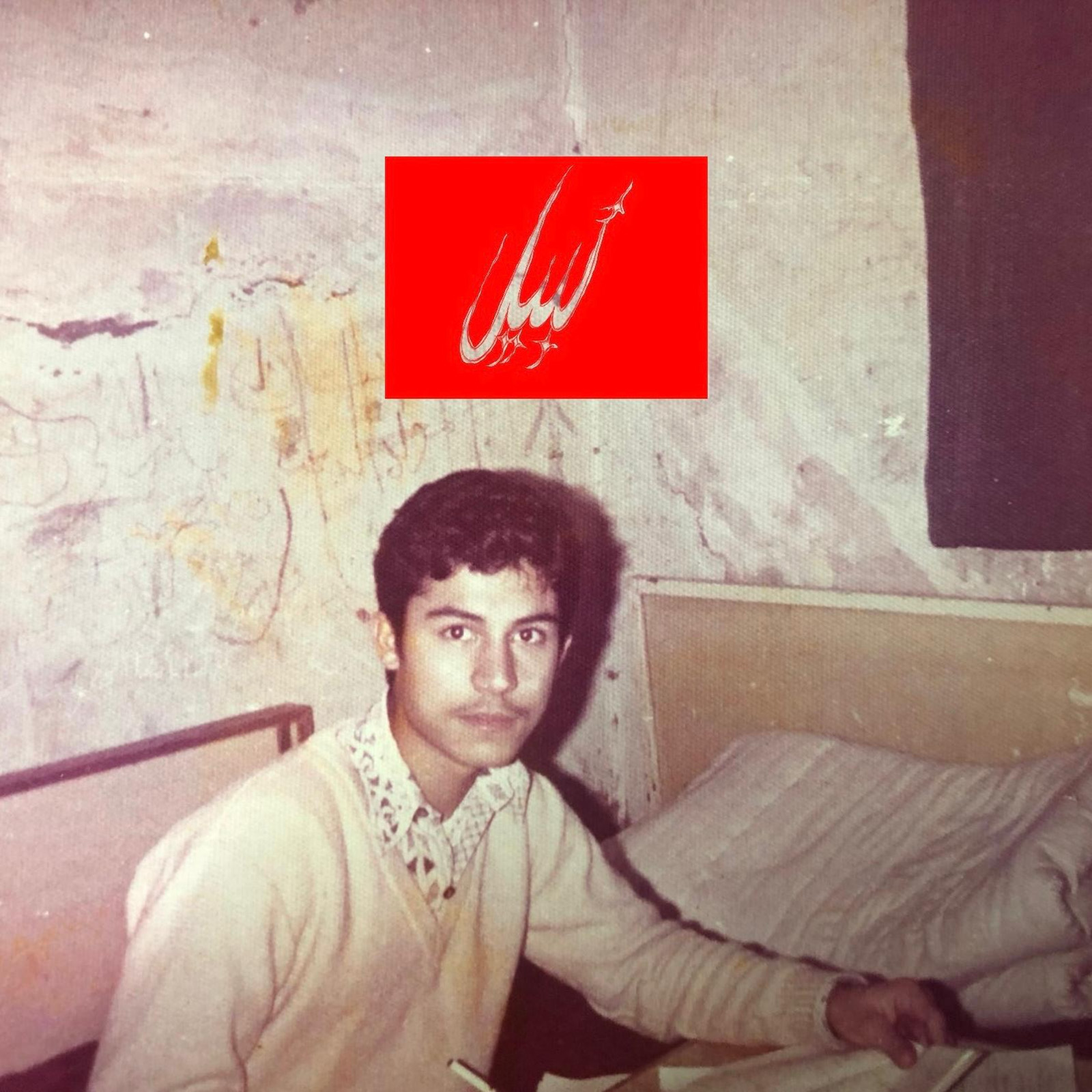
Taking that sense of dislocation back with him to Virginia in 2024, Razak began writing demos to share with his band.
“I wanted to capture that sense of being adrift and wrestling with the dreamlike quality of life where it can often feel like everything is temporary or will eventually be lost to us,” he says. “I guess it was all referencing a third-culture experience of needing to create your own culture, and central to that is this idea of in-betweenness.”
Sinking into those cracks between the certainties of identity and belonging, Razak has found his purpose, but his family have taken some convincing.
“Singing and writing in Arabic felt surprisingly natural, but in the wider culture I had to try and shake off judgments about being an artist,” Razak says. “There’s the cliche that in Arab culture you don’t become an artist, you become a doctor or pursue a vocation instead. That meant the first time I played my family my music, I was uncontrollably sweating since I wanted them to accept this part of me. They don’t fully understand it, but they are supportive and my dad is definitely low-key honoured by the name — he’s always asking for merch that has the family pictures on it!”
Outside Razak’s family, Nabeel is reaching a wider and more diverse word-of-mouth audience, including fans that can sing along at live shows in Arabic.
“When we started out, no one in the crowd could speak Arabic so the pressure was off but during our last New York show I saw some kids singing back to me, which was so crazy,” he says. “Representation is so abysmal that I even have non-Arabic South Asian kids coming up to me now and saying this means so much to them because it’s expressing something other than what they’re used to. That’s been super-cool and I hope it encourages others to express themselves in whatever way they want to.”
Razak also sees the project fitting into a wider movement of alternative Arab artists.
“There’s a lot going on in the fringes that is incredible, people like [Lebanese singer-songwriter] Yasmine Hamdan, [French-Egyptian duo] Kiss Facility and the North African hardcore band Taqbir,” he says. “Seeing all these artists be weird and express themselves is so inspiring. It’s meant that I, similarly, don’t want to be bound by genre — I just want to make whatever feels good to me.”
Right now, that means making electronic-influenced music on his computer after work, inspired by the pop melodies of Justin Bieber as well as the repetitive, self-referential lyricism of rappers including Bladee and Yung Lean.
Before he heads back into the studio, though, Razak is preparing to tour Europe for the first time, with festival shows scheduled in Iceland and Paris and a headline date in London in November.
“We’ll be playing some of our first festivals, which I’m excited about,” he says. “I don’t know if anyone will show up, as we’re only small, but it’s great to be playing this music and singing in Arabic on those stages.”
Ghayoom is out now. Nabeel plays London’s ICA on 5 November.
 Newsletter
Newsletter

